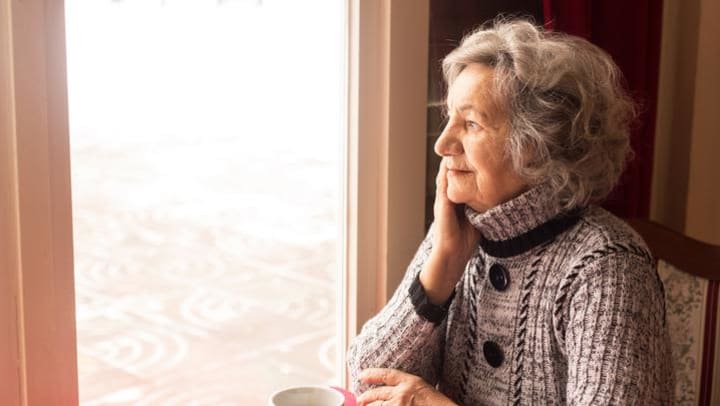Lack of sunshine combined with cooler temperatures can make the winter season especially trying for many individuals, including seniors. Some relatively simple seasonal depression remedies, however, can help individuals feel happier and calmer, and maybe even lead to their embrace of the colder months.
What is Seasonal Depression?
Changes in mood and behavior based on seasons is commonly called seasonal depression or winter depression. Mental health professionals refer to the condition as Seasonal Affective Disorder. Although it’s most commonly mentioned in reference to wintertime, SAD can occur during any season of the year for a variety of reasons.
According to Psychology Today, SAD symptoms include:
- Feelings of hopelessness and sadness
- Oversleeping
- Changes in appetite, especially a craving for sweet starchy foods
- Weight gain
- Fatigue, including a heavy feeling and a drop in energy
- Decreased physical activity
- Difficulty concentrating
- Irritability
- Increased sensitivity to social rejection
- Avoidance of social situations
While some seasonal depression is common and relatively easily controlled, more serious symptoms can cause dangerous consequences. If you believe you have SAD or clinical depression, talk with your doctor or make an appointment with a trusted mental health care professional.
Seasonal Depression Remedies
Why seasonal depression occurs is not clear, but a lack of sunlight is known as the main culprit. Less sunlight affects your sleeping pattern, and also may cause lower levels of serotonin, a chemical that affects mood.
With that knowledge as a building block, however, some seasonal depression remedies have been successful in improving the symptoms.
- Light Therapy Boxes: To reverse the effects of a lack of natural light, bright light has been used since the 1980s to treat depression and disorders of the circadian rhythm, also known as your body’s sleep-wake cycle. Light therapy boxes help about 50 percent of the patients who use them within about a week.
- Dawn Simulators: Dawn simulators are like alarm clocks. Instead of making a sound to wake you, however, a lamplike light turns on and gradually becomes brighter, resulting in reducing the negative effects of additional hours of darkness in the winter months.
- Aromatherapy: Essential oils and other aromas can calm and soothe your body and mind, acting like natural antidepressants.
- Exercises: Exercise is perhaps one of the best seasonal depression remedies, and helps to improve your mental health all year. In addition to the obvious benefits of strengthening your body, getting you out of the house, and giving you the opportunity to socialize with others, exercise releases endorphins and other chemicals that help you feel better.
- Massages: Massages release serotonin and dopamine, and contact with another person can make you feel that natural connection that all humans need.
- Sunshine and Vitamin D: Whenever possible, try the obvious. Get outside and enjoy the natural sunlight. Even a few minutes can improve your mood due to the natural absorption of Vitamin D as a result of sun exposure.
Other sources of Vitamin D include fish (specifically salmon, herring, sardines, and tuna) and fortified milk. Vitamin D is especially beneficial for seniors, as it helps to strengthen bones.
Consult with your primary care doctor or a mental health professional for additional suggestions on how to improve seasonal depression symptoms. Ask your doctor before beginning any exercise or diet plan.


